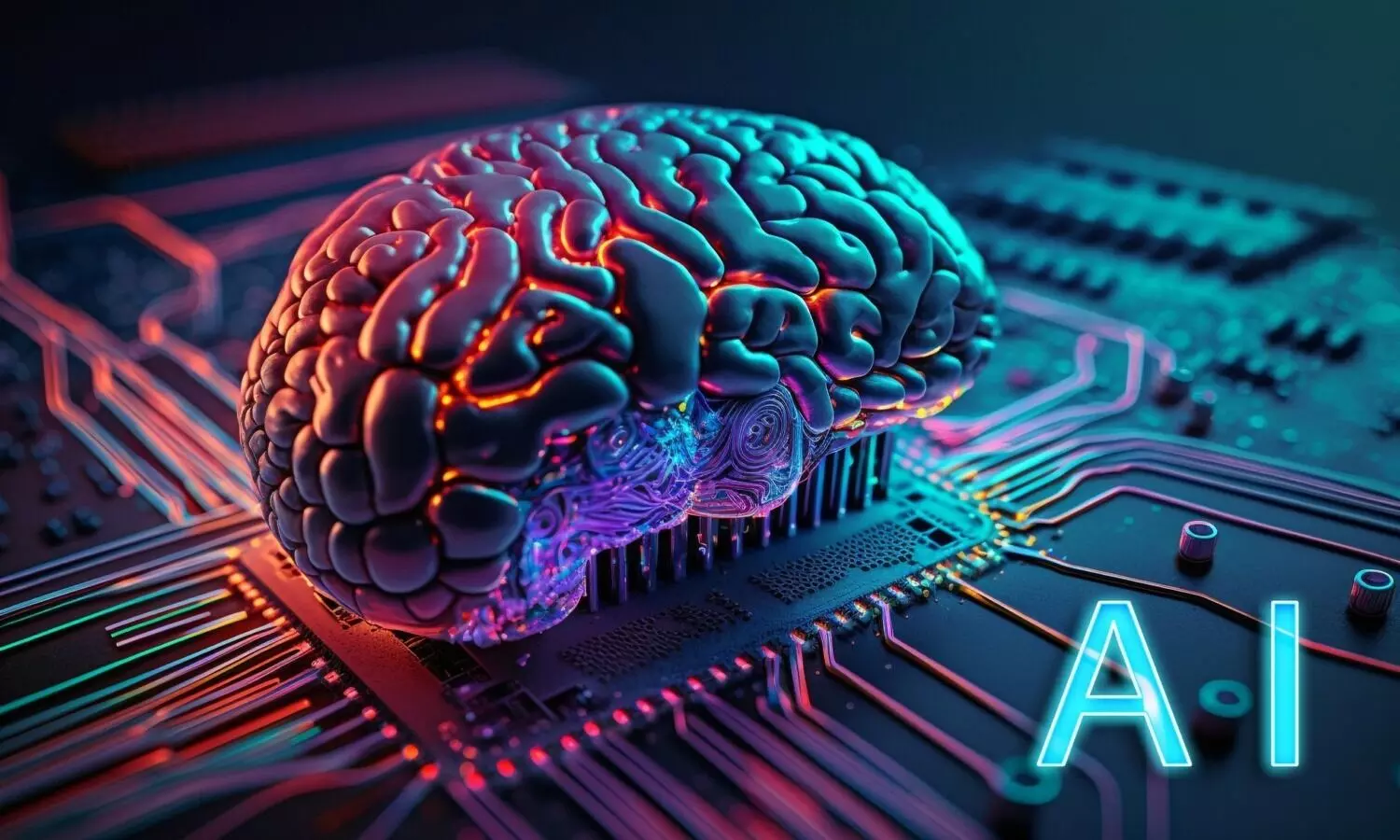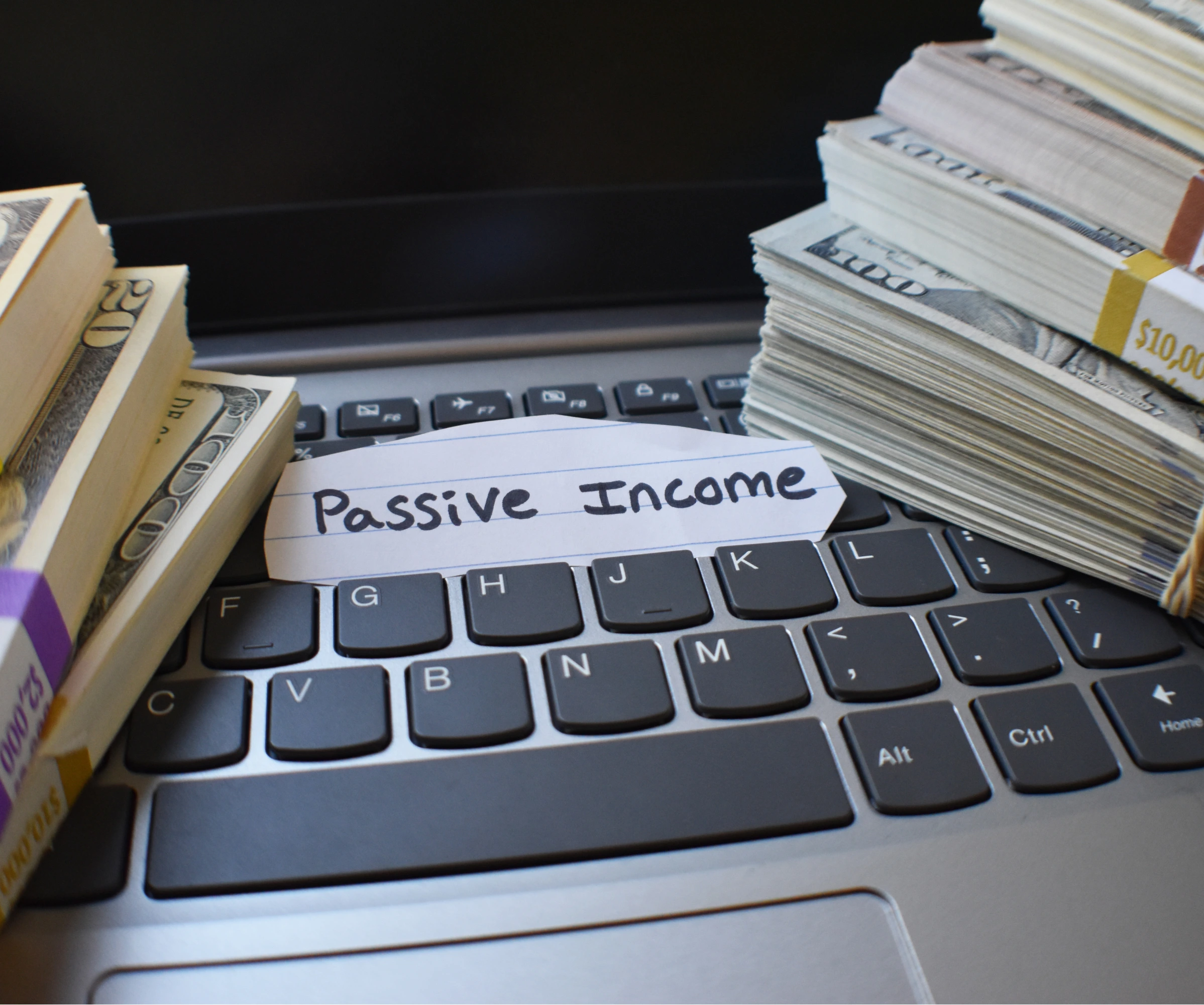Artificial Intelligence (AI) is transforming every industry — from education and design to writing and customer service. If you’re new to this world and want to understand what tools are shaping the future, this guide is made for you.
🔹 Quick Navigation
- What is AI?
- Popular AI Tools in 2025
- Top AI Trends of 2025
- How to Start Using AI Today
- Conclusion
- Question for Readers
🔷 What is AI?
AI (Artificial Intelligence) is technology that allows computers to think, learn, and solve problems like humans. Whether it’s writing an email, translating a language, or creating art, AI can automate and enhance the way we work.
You’ve probably heard of chatbots like ChatGPT or image generators like DALL·E. These are examples of AI doing things that once required a human brain.
🔷 Popular AI Tools in 2025
Here are some of the most used and talked-about AI tools this year:
- Claude – A smart and safety-focused chatbot created by Anthropic. It’s great for long conversations, summarizing content, and creative writing.
- Perplexity AI – An AI-powered search engine that gives you direct, well-cited answers instead of just links.
- Microsoft Copilot – A virtual assistant built into Microsoft Office that helps you write, summarize, analyze data, and create presentations instantly.
- Google Gemini – A multimodal AI model that understands and generates text, images, and more, directly from Google.
- DeepL – A powerful translator that understands tone and meaning better than Google Translate.
- Canva AI – Popular for quick graphic design, now with AI-powered tools for auto-design, background removal, and content ideas.
🔷 Top AI Trends of 2025
The trends in AI are shaping the way we work, study, and create:
- Generative AI Everywhere: Tools like Midjourney and DALL·E are helping people create logos, characters, and digital art just by describing them in words.
- AI in the Office: Tools like Notion AI and Zapier AI automate boring tasks like writing meeting notes, sending emails, and managing schedules.
- Smarter AI Reasoning: New models like GPT-4 are capable of solving multi-step problems, writing code, and acting as virtual assistants.
- AI Hardware Acceleration: Chips like NVIDIA Grace Hopper are making AI tools faster and more powerful.
- Responsible AI: Organizations are investing in making AI safer and fairer. Visit Princeton’s AI Ethics Center to learn more.
🔷 How to Start Using AI Today
You don’t need to be a tech expert to begin using AI. Here’s how to get started:
- Choose a Tool to Explore
Start with Claude or Perplexity to experiment with chat-based AI. - Take a Free AI Course
Try “AI for Everyone” by Andrew Ng on Coursera to understand the basics. - Follow AI News
Stay updated through sites like TechCrunch AI and The Verge AI. - Watch YouTube Tutorials
One good example: 13 AI Tools That Will Save You 1,000 Hours in 2025 - Practice Daily
Use Canva AI to design, or DeepL to translate your content into other languages quickly and naturally.
🔷 Conclusion
AI tools are rapidly evolving—and becoming more user-friendly every day. Whether you’re a student, content creator, freelancer, or small business owner, AI can help save time, spark creativity, and boost productivity. Try out some of the tools we mentioned, keep an eye on trends, and you’ll be ahead of the curve.
❓ Question for You:
Which AI tool are you most excited to try in 2025, and how do you plan to use it?




AI will never take over the world, that’s not possible, it isn’t smart and self conscious